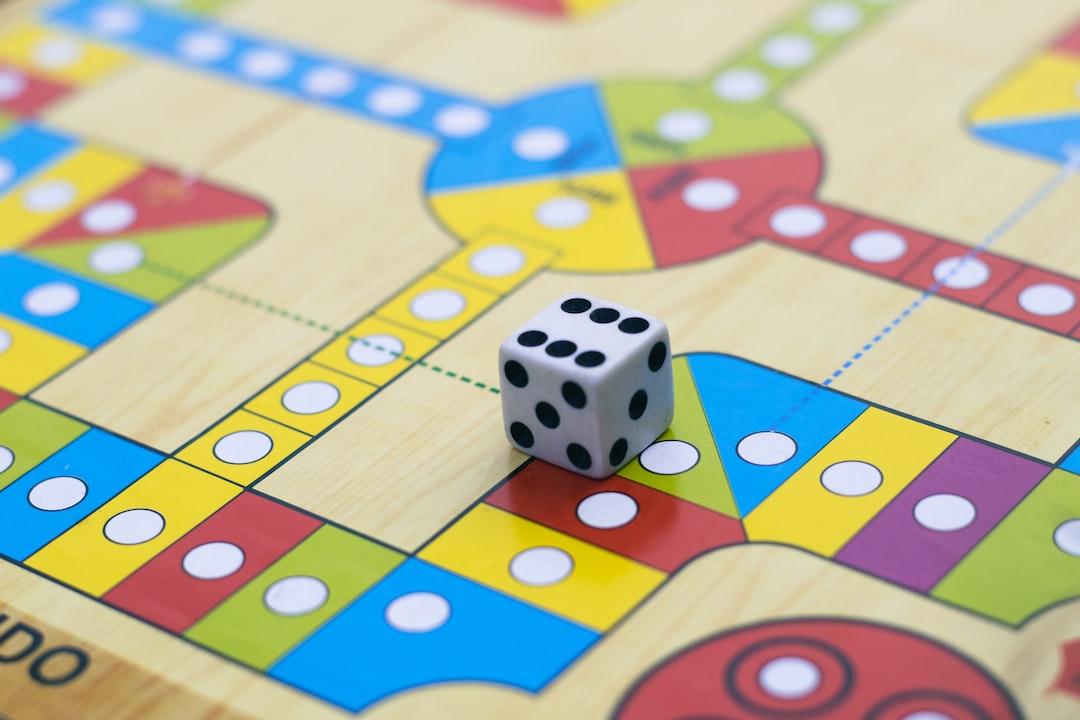Gaming and Education: Can Video Games Improve Learning?
Over the past few decades, video games have become an integral part of popular entertainment, captivating millions of individuals across the globe. While some skeptics argue that gaming can be detrimental to one’s development, an increasing body of research suggests that video games can actually improve learning outcomes. In this blog post, we will explore the relationship between gaming and education, and whether video games have the potential to enhance the learning experience.
In recent years, educational video games have gained traction as a tool for promoting learning. These games are specifically designed to incorporate educational content, ranging from math and science to language skills. By infusing elements of gamification into the learning process, these games engage students in an interactive and immersive manner, making education both fun and effective.
One key aspect of video games that contributes to enhanced learning is immediate feedback. Unlike traditional classroom settings where students need to wait for exams or assignments to receive feedback, educational video games offer instant feedback based on the player’s actions. This immediate feedback allows students to learn from their mistakes, adjust their strategies, and continuously improve their performance. It not only reinforces learning but also builds resilience and persistence in tackling challenges.
Moreover, video games often require problem-solving and critical thinking skills, which are vital for academic success. Many educational games present players with complex challenges that require analytical thinking, decision-making, and creative problem-solving. Through these experiences, students develop cognitive skills that can be applied to real-life situations. For example, a game that involves managing resources and making strategic decisions can help students develop financial literacy and decision-making skills.
Another benefit of educational video games is their ability to promote collaboration and teamwork. Many games offer multiplayer options, allowing students to work together towards a common goal. This cooperative gameplay fosters communication, negotiation, and teamwork skills. Collaborative gaming experiences also provide an opportunity for students to develop social skills, learn how to navigate conflicts, and appreciate diverse perspectives. These skills are not only valuable in academic settings but also in future professional environments.
Furthermore, video games can be particularly useful in teaching complex subjects or abstract concepts. Through interactive and visually stimulating gameplay, students can better grasp challenging material. For instance, a physics-based game can help students understand principles of motion and gravity by allowing them to experiment with virtual simulations. Similarly, a history-based game can immerse students in historical events, making the learning experience more engaging and memorable.
Critics argue that excessive gaming can lead to addiction and negatively impact academic performance. While it is crucial to maintain a healthy balance between gaming and other activities, research suggests that moderate and purposeful gaming can actually promote learning. Educational video games have the potential to motivate and engage students, making the learning process more enjoyable and effective. By integrating gaming elements into education, we can capitalize on the innate curiosity and desire to explore that games often cultivate.
In conclusion, video games have come a long way from being viewed solely as entertainment. Educational video games, specifically designed for learning purposes, have the potential to improve learning outcomes by providing instant feedback, fostering problem-solving and critical thinking skills, promoting collaboration, and enhancing understanding of complex subjects. While it is important to exercise moderation, the gamification of education has the potential to revolutionize traditional learning methods and create a more engaging and inclusive educational experience. So, the next time you hear the sound of a video game, don’t dismiss it as a distraction but consider the possibility that it may be enhancing someone’s learning journey.

